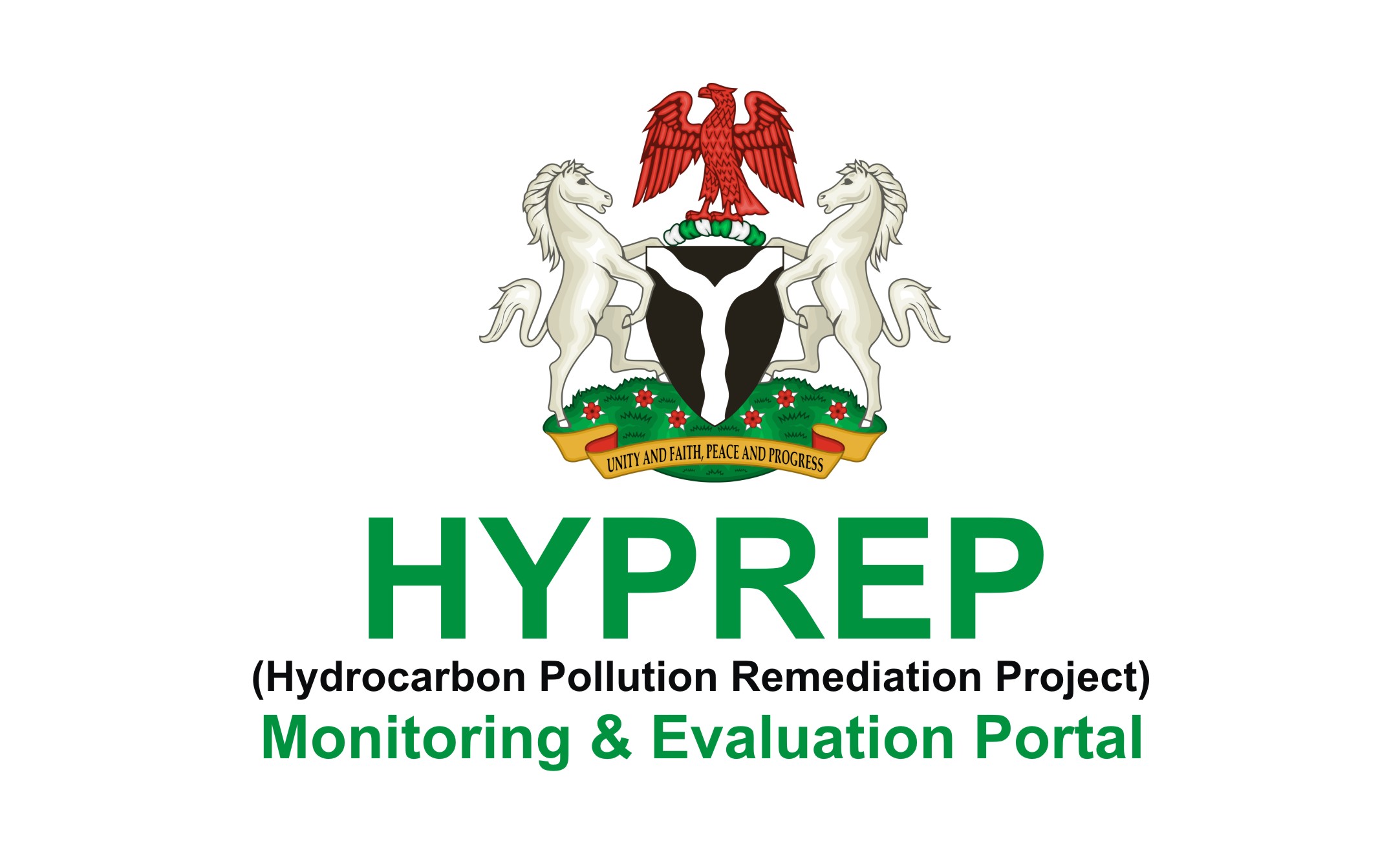Business
Lessons From Super Eagles’ Loss
Several weeks after the Super Eagles lost 0-2 to Bafana Bafana of South Africa in Uyo, Akwa Ibom State, in a group E 2019 African Cup of Nations (AFCON) qualifying match, echoes and lamentations emanating from that unexpected loss have failed to die down.
The disquiet in the football family was not overly due to the fact that the Super Eagles failed to win a match; rather, the hue and cry have been mainly as a result of the manner and circumstances that surrounded the loss.
South Africa did not only break the jinx Nigeria had held over them for a couple of decades, they dominated the Nigerian team in every department of the game in achieving their first victory over the country in a competitive match. In contrast, the Super Eagles were lethargic in performance, half-hearted and disjointed to maintain their recent decent record under Franco-German coach, Geroot Rohr. Their display in the match spoke volumes about their seeming unseriousness and lack of focus that weighed heavily against the team.
As a result, the country’s chances of qualifying for the 2019 edition of AFCON which Nigeria has won three times, but has failed to qualify for the past two successive editions, are on the line after the very first match.
Already, sports lovers, writers and analysts have been tumbling against themselves over what may have led to the dismal outing of the national team against South Africa, a team previously perceived as underdog to the Super Eagles, in Uyo.
Even as most analysts blame the Nigeria Football Federation (NFF) and the technical crew for shoddy preparation and poor judgement in choice of players, The Tide believes that the Eagles lost the match before the kick-off whistle was sounded due to their poor attitude and approach to the tie. Indeed, the level of commitment and attitude was noticeably poor, while the team’s tactical and technical approach in the game proper was less than professional. It was as if the players and coaches believed that the game could be won by merely turning up on the pitch.
Regrettably, in the usual manner, buck passing, lame excuses have been the order of the day. Even more absurd is the blaming of the Uyo Stadium as a major reason why the Eagles failed to fly against South Africa.
The Tide believes that the excuses being bandied about mask the real issue, especially, the non-availability of the official match balls already sent to Nigeria by the competition’s organisers. This anomaly robbed the team of training with and getting used to the match ball.
It is a national embarrassment that the NFF could not account for match balls sent to it by the Confederation of African Football, CAF. This had forced Rivers United, Nigeria’s representative in CAF Confederations Cup competition and the Super Eagles to borrow opponents’ balls to prosecute matches.
In order to avoid such embarrassment in future, we think that there must be an inquiry to unearth the circumstances that led to this unfortunate situation. Moreso, the issue of players who may have outlived their usefulness or not good enough was laid on the table in that match.
While we regret all that has happened, to the Super Eagles, we think that the country must put the South Africa match and its attendant disappointment behind it and move on. We must look forward and prepare for the task ahead, particularly, the looming double-header against African Champions, Cameroon, in the race for a ticket to the 2018 World Cup in Russia.
The Super Eagles must be ready physically and mentally to face the Indomitable Lions in August and September if the country is to secure passage to the Mundial next year. The NFF, Eagles’ technical crew and players must learn from their experience and do the needful by putting their house in order, rather than dwelling in the past and indulging in the blame game.
Henceforth, every opponent must be accorded due respect on and off the pitch as modern football no longer respects big names nor previous record.
We are gladdened that the national team coach, Rohr, was big enough to take responsibility for the performance against South Africa and promised that such would not happen again. Nigerians expect to see a better team, performance and result in subsequent matches of the Super Eagles. We must do the right things at the right time to achieve desired result as he that fails to plan plans to fail. Despite the immediate past result, it is the desire of football loving Nigerians to see the country’s flag fly high in Russia 2018 World Cup and 2019 AFCON in Cameroon.
Business
NCDMB, Dangote Refinery Unveil JTC On Deepening Local Content

Business
Industry Leaders Defend Local Content, … Rally Behind NCDMB

Business
Replace Nipa Palms With Mangroove In Ogoni, Group Urges FG, HYPREP


